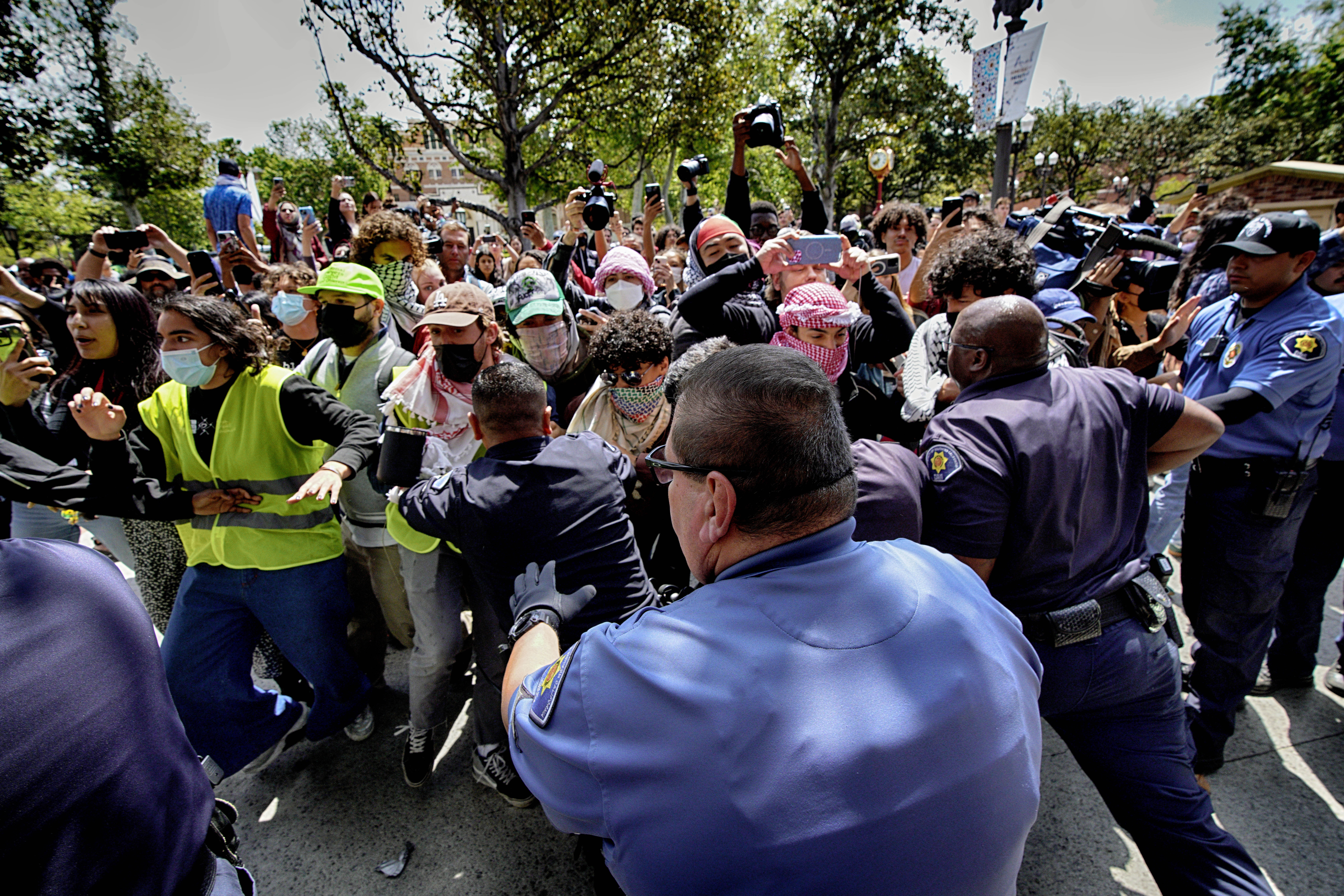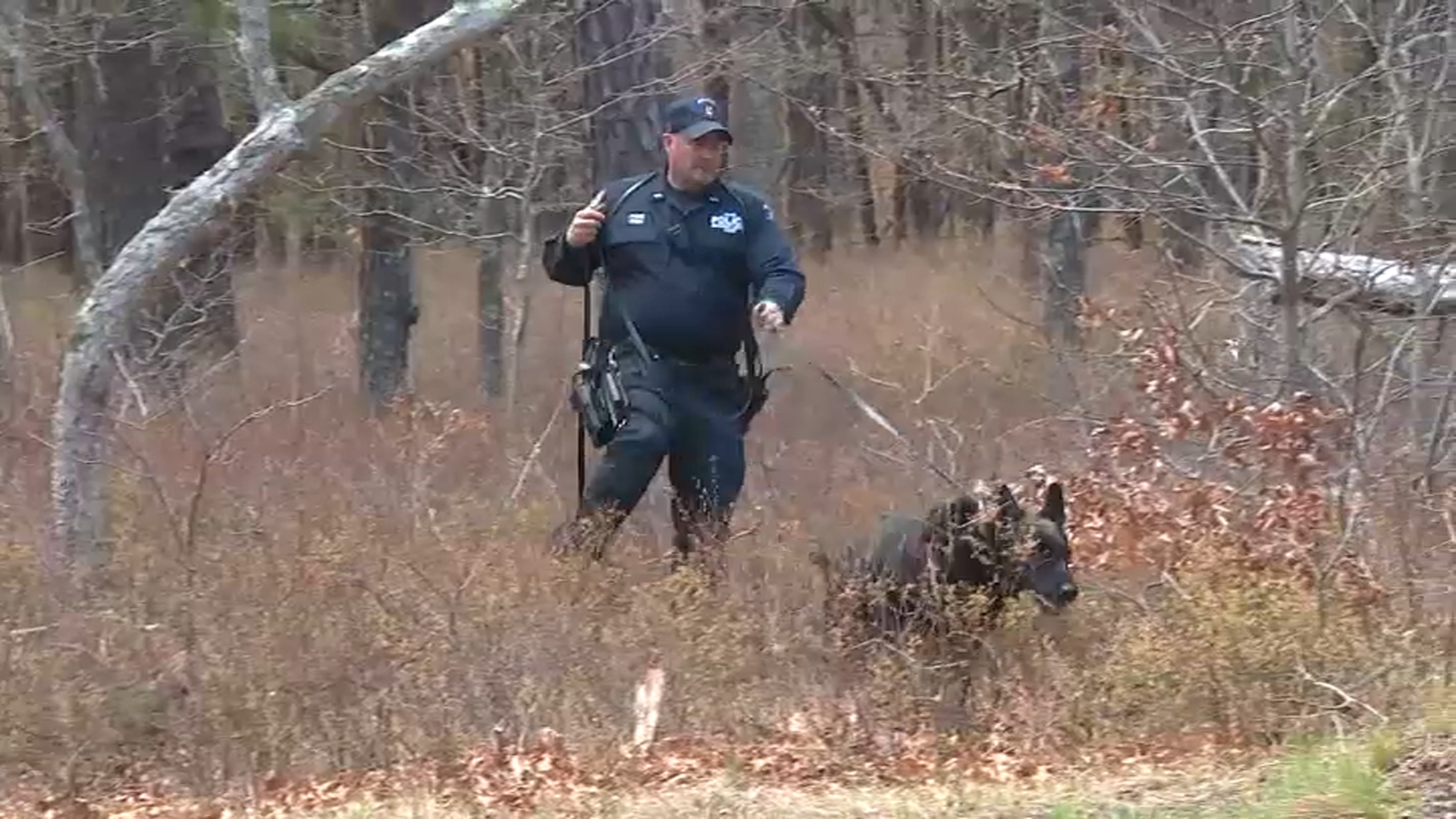This much is certain: Anyone who bemoans that baseball's gone soft never covered second base with Chase Utley bearing down on a potential double play.
What's not so clear is whether Utley's takeout slide Saturday night, the one that broke the right leg of New York Mets shortstop Ruben Tejada and created all this postseason clatter, was a dirty play.
"It's hard baseball, man," said closer Kenley Jansen, Utley's teammate on the Los Angeles Dodgers. "The game has started to become too sensitive."
Of course, that's not how the seething Mets viewed it after Tejada was carted off in an air cast.
"Before he could get the ball out of the glove, he's getting tackled," infielder Kelly Johnson said.
"Slide would be generous," snarled an irritated Daniel Murphy.
No matter where your allegiance might lie, it was a flash-point play — ruled legal by umpires — that immediately dropped jaws and grabbed attention for several reasons.
News
First, runners rarely go in that hard at second base these days, although Utley long ago earned a notable reputation for it.
Second, it led to a serious injury.
And third, it was the turning point in a playoff game that millions were watching.
So there's no doubt, Utley flipping Tejada at Dodger Stadium will become this generation's reference point for famous takeout slides — a flashback to a bygone era when middle infielders were wiped out with such force more frequently.
Think of Pete Rose barreling into Bud Harrelson, sparking a brawl between the Reds and Mets in the 1973 NL Championship Series. Or Hal McRae upending Willie Randolph during the 1977 Royals-Yankees ALCS.
And this one had all the qualities of a sports injury that won't soon be forgotten — like Rose running over Ray Fosse at home plate, or Lawrence Taylor snapping Joe Theismann's leg on "Monday Night Football."
Thus, the debate raged on, with current and former players from all around the majors weighing in on social media and television.
"I hate the fact that people keep saying he plays the game hard. Everybody on the field plays the game hard," said ESPN analyst Alex Cora, a middle infielder during his playing days. "There's a way you should play the game, and this is not the way.
By now, most everyone with any interest has seen a replay of the violent collision that swung Game 2 of the NL Division Series in Los Angeles' favor.
With the Dodgers trailing by a run in the seventh inning, Utley slammed into Tejada at second base to make sure the Mets could not complete a double play that would have kept them ahead. Utley went in high and hard, crashing into Tejada's legs and flipping the shortstop head over heels.
The tying run scored, Tejada was wheeled off with a fractured fibula and the Dodgers rallied for three more runs in the inning, going on to a 5-2 victory that evened the best-of-five series at one apiece.
"I feel terrible that he was injured. I had no intent to hurt him whatsoever," said Utley, an All-Star second baseman who knows firsthand the perils of turning two. "You have to try and break up the double play. That's winning baseball."
But did it cross the line?
Takeout slides are an accepted part of the game — always have been. The general guideline is they're within the rules as long as a runner doesn't go so far out of the basepath that he can't reach second base.
But there's also an etiquette to it because the later the slide, the more dangerous it can be.
"I just try to stay low," Chicago Cubs slugger Anthony Rizzo said. "There's ways to do it, there's ways not to do it."
Utley went down late, twisting himself beyond the bag to clip Tejada rather than attempting to touch second base. Tejada was in a vulnerable position, with his back to the oncoming runner, after reaching behind his own body to glove an off-target toss from Murphy and trying to make a spinning pivot.
"I bet if he didn't get hurt nobody would be talking about it," Houston Astros rookie shortstop Carlos Correa said.
A comment in the Official Baseball Rules to Rule 5.09 (a) (13) indicates umpires could have called an inning-ending double play if they determined Utley interfered with Tejada.
They did not.
"The objective of this rule is to penalize the offensive team for deliberate, unwarranted, unsportsmanlike action by the runner in leaving the baseline for the obvious purpose of crashing the pivot man on a double play, rather than trying to reach the base," the comment reads. "Obviously this is an umpire's judgment play."
And it's a fine line between what's considered out of bounds and what is a clean, hard-nosed play.
"I don't think anyone knows exactly what that line is," Mets outfielder Curtis Granderson said.
Major League Baseball executive Joe Torre said he'll review the play to see if it warrants any discipline.
Utley, meanwhile, was asked what constitutes a dirty slide.
"I think cleats high, hitting the guy before you hit the ground," he answered.
After seeing the replay, did he think this one was dirty?
"Depends who you're talking to," Utley said.
___
AP Baseball Writer Ronald Blum, AP Sports Writers Jay Cohen and Andrew Seligman in Chicago, Beth Harris in Los Angeles and Kristie Rieken in Houston, and freelancer Brian Sandalow contributed to this report.



